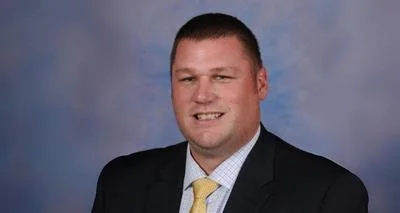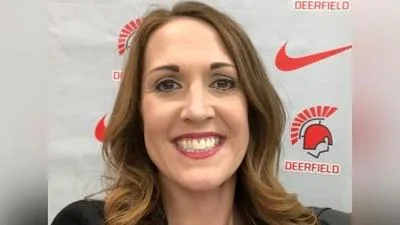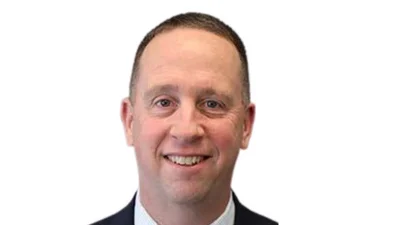Brushwood Center At Ryerson Woods Logo | brushwoodcenter.org
Brushwood Center At Ryerson Woods Logo | brushwoodcenter.org
The listed appropriations included grants of $700,000 and $250,000 if two, each designated for programs or services funded by the State of Illinois.
These appropriations represent state-level funding authorized by lawmakers, reflecting what was approved in the budget, not necessarily disbursed. The funds cover only State of Illinois support and exclude federal, local, or other public sources.
Founded in 1984 by Nora & Edward Ryerson, Brushwood Center At Ryerson Woods states that its mission is: “Brushwood Center works collaboratively with community partners, artists, health care providers, and scientists to improve health equity and access to nature in Lake County, Illinois, and the Chicago region. We engage people with the outdoors through the arts, environmental education, and community action. Brushwood Center’s programs focus on youth, families, Military Veterans, and those facing racial and economic injustices.”
You can learn more about the organization at its website.
In its most recent IRS Form 990 filing filing for tax year 2024, the organization reported $2,489,120 in total revenue. Of that, $700,000 came from government grants including federal, state, or local sources, making up 28.1% of total revenue.
The nonprofit listed $2,504,220 in contributions overall. It also reported $38,367 in non-cash contributions, such as donated goods or services, and $1,629,820 categorized under other contributions, which may include restricted donations, pledges, or bequests.
At the beginning of 2024, Brushwood Center At Ryerson Woods had $2,353,080 in assets. By the end of 2024, that figure had changed to $3,218,680, indicating a significant 36.8% growth in overall holdings.
However, a Chicago City Wire analysis found that IRS filings frequently contain discrepancies when compared with publicly disclosed government grant reports and budgets.
Brushwood Center At Ryerson Woods is one of hundreds of nonprofits across Illinois that receive substantial support from state taxpayers while also fundraising privately.
In 2025, Illinois lawmakers introduced House Bill 1266, also known as the Department of Government Efficiency (DOGE) Act. The proposal would create a new oversight body within the Office of the Auditor General tasked with identifying cost-saving measures, reviewing agency performance, and advising on audit priorities. If passed, DOGE could bring additional scrutiny and performance evaluation to taxpayer-funded organizations.
According to ProPublica, Illinois has more than 78,000 active tax-exempt organizations, including nearly 60,000 classified as charitable nonprofits. In their most recent IRS filings, these groups reported a combined revenue exceeding $156 billion.
| Fiscal Year | Total Grants/Contracts | Total Taxpayer $$ |
|---|---|---|
| 2024 | 2 | $950,000 |
| Term | Name | Title |
|---|---|---|
| 2024-2024 | Catherine Game | Executive Director |
| 2024-2024 | Celeste Flores | Director |
| 2024-2024 | Disha Narang | Director |
| 2024-2024 | Gail Sturm | Chair |
| 2024-2024 | Hector Rasgado | Director |
| 2024-2024 | Jacalyn Ramdin | Director |
| 2024-2024 | Jean Meilinger | Director |
| 2024-2024 | John Leonard | Secretary |
| 2024-2024 | Jonathan Huisel | Director |
| 2024-2024 | Lorra Rudman | Director |
| 2024-2024 | Martha Twaddle | Director |
| 2024-2024 | Michelle Cronin | Treasurer |
| 2024-2024 | Robert K Heinrich | Director |
| 2024-2024 | Suzanne Malec | Director |






 Alerts Sign-up
Alerts Sign-up